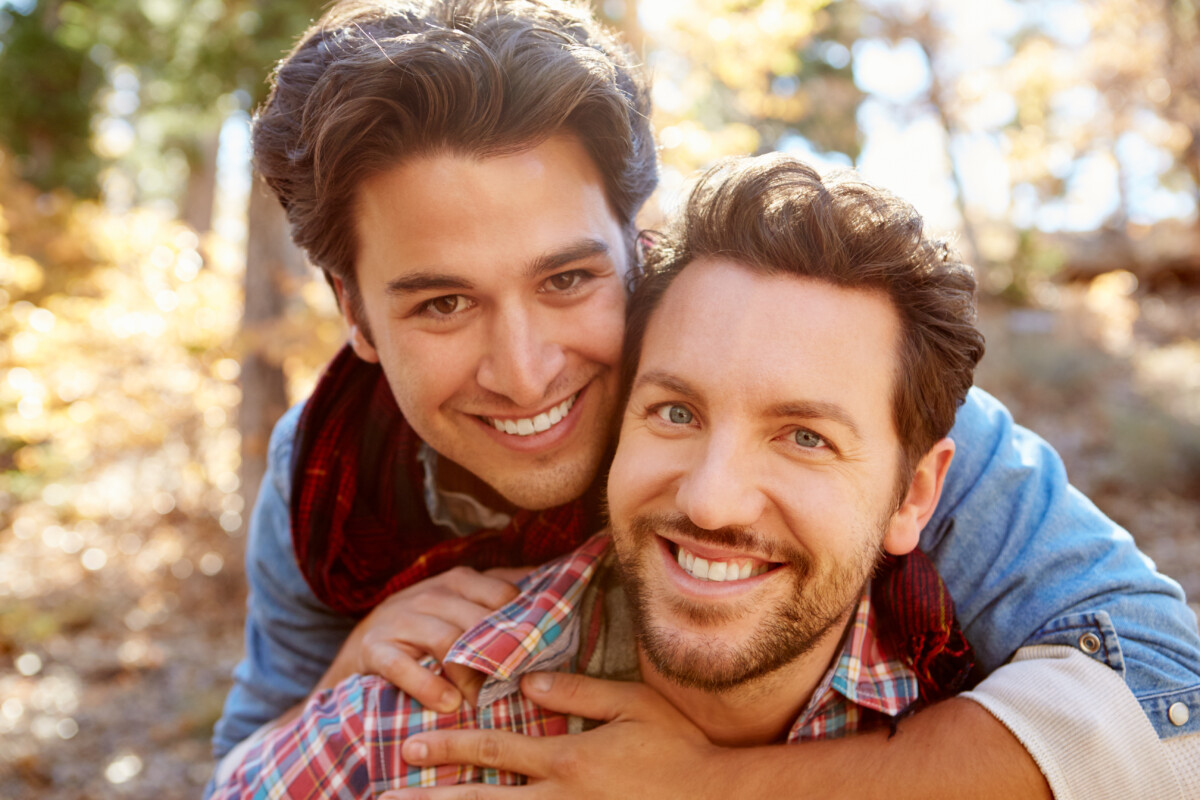Gay Men Using Apps: The Dilemma of Dating versus Hookups
Gay Men Using Apps: The Dilemma of Dating versus Hookups In my psychotherapy and coaching practice as a long-term (29 years in 2021) specialist in gay men, I’ve noticed in many client sessions lately that single guys (and those in open relationships) are presenting a dilemma about how to use the online apps like Grindr, … Read more











